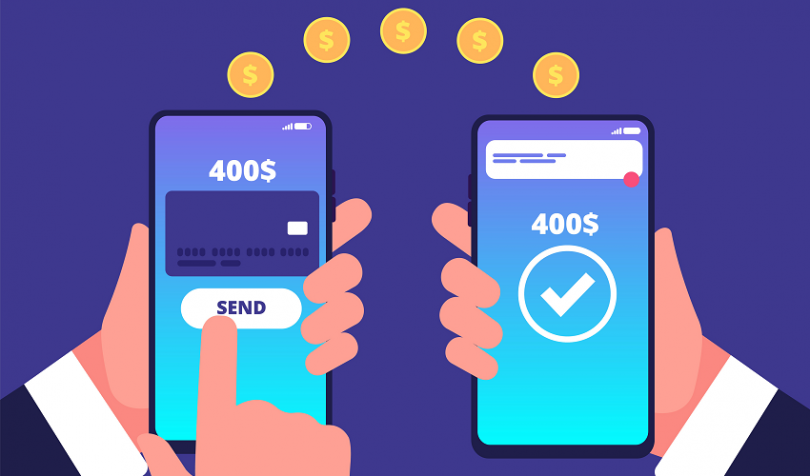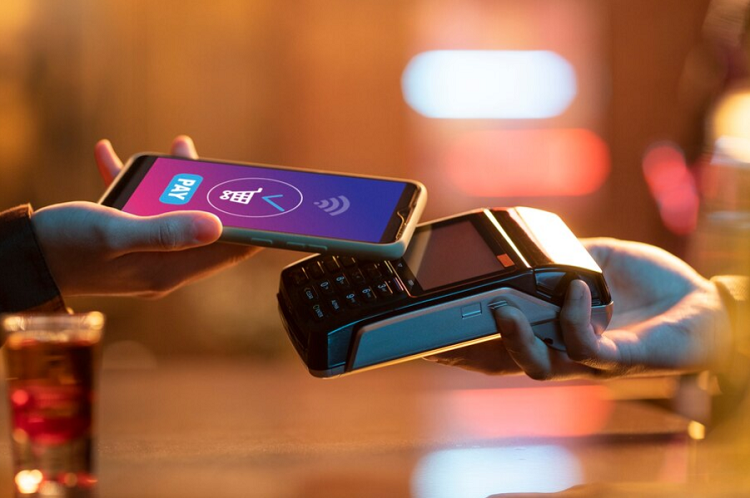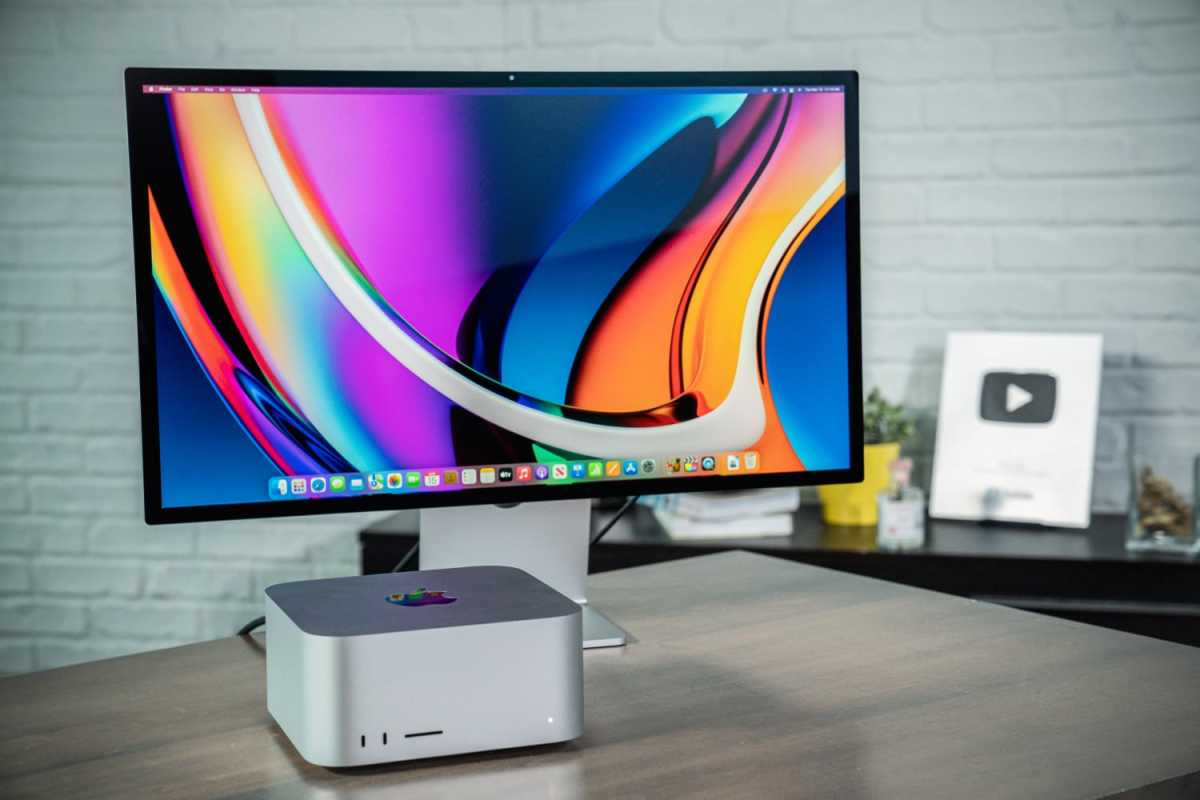Since Covid-19 broke out, money transactions have decreased considerably, changed by the explosive growth of digital fee kinds.
In keeping with a Visa report, 65% of Vietnamese customers carry much less money of their wallets, 76% of customers at present use e-wallets, and the proportion of card customers is larger (82%). Greater than 80% of customers are utilizing playing cards, QR code funds and e-wallets a minimum of as soon as per week.
In keeping with the Fee Division of the State Financial institution of Vietnam, in April 2022, non-cash fee transactions elevated by 69.7% in amount and 27.5% in worth in comparison with the tip of 2021.
Within the first 4 months of the yr. transactions by way of the interbank digital fee system elevated by 32.37% in worth; and monetary switching and digital clearing programs rose by 88.4% in quantity and 139.8% in worth over the identical interval in 2021.
In March 2021, the Vietnamese Authorities accepted a two-year pilot for Cell Cash providers. As of April 2022, 1.1 million new Cell Cash accounts had been opened. Greater than 60% of Cell cash customers are in rural, mountainous, distant, border and island areas.
The e-wallet market continues to blow up in Vietnam with the participation of many new names. At the moment, there are about 40 e-wallet suppliers, of which Momo, Moca and ZaloPay account for 90% of the market share. In keeping with a Visa survey, 85% of survey respondents have a minimum of one e-wallet or fee app. Some 71% use these apps a minimum of as soon as per week.
Vietnam is within the means of constructing a nationwide QR code framework. The Vietnam Nationwide Fee Company (NAPAS) has simply launched VietQR – a typical model for QR code fee and switch providers, processed by way of a community of NAPAS and member banks, fee intermediaries and companions at dwelling and overseas.
By April 2022, VND 56,000 billion had been transferred by way of the VietQR cash switch service. The expansion charge was 45-50% per 30 days, turning into the biggest progress service, seven occasions larger than different providers that NAPAS handles.
The emergence of the “Purchase Now, Pay Later” (BNPL) format has put the e-payment trade on a progress platform. Valued at about $491.3 million in 2021, this methodology is anticipated to develop strongly within the 2021-2028 interval.
In April 2021, Thailand and Vietnam launched a cross-border fee system that permits Thai guests in Vietnam or Vietnamese guests in Thailand to make QR funds by way of cell banking purposes.
Within the cryptocurrency race, based on Choice 942, the State Financial institution of Vietnam is tasked with piloting the usage of digital forex within the subsequent three years. Though the pilot program has not but set a particular time, the actions of policymakers in Vietnam would be the focus within the coming time.
Competitors
It’s forecast that non-banking options based mostly on cryptocurrency and e-wallets are a development for the long run within the area. Changing and storing fiat forex presents new alternatives. Fee by QR code and by the “Purchase First, Pay Later” methodology will turn into common. B2B and digitized provide chains are the following growth development of e-wallets.
Seizing the chance, banks and fee service suppliers, particularly fin-tech corporations, are persevering with to broaden their merchandise and skill. Competitors on this area is more and more fierce.
Timo, Vietnam’s first digital financial institution, signed a strategic partnership with Viet Capital Financial institution in 2020 to additional broaden its providers. In the meantime, VPBank launched its first digital financial institution, VPBank Neo, in 2021. Techcombank partnered with Amazon Net Providers and Backbase to deploy its cloud providers. NextPay, a fee processing firm, goals to boost $100 million.
The Vietnamese market is sort of a ‘tight shirt’, and there’s not a lot ‘land’ for different suppliers. Main e-wallets are struggling as they fail to display a aggressive benefit over conventional banking-developed purposes which have caught up with e-wallet capabilities.
The necessity to acquire a aggressive edge sooner or later might immediate e-wallet suppliers to merge as a couple of tremendous apps. For instance, Seize purchased a 3.5% stake in Moca to hyperlink the fee perform to the e-wallet. Airpay (now ShopeePay) offered a 30% stake to Sea Ltd, which owns Shopee Vietnam.
E-wallets have shaken fingers with main companions. Tiki and Lazada have built-in digital fee options corresponding to Momo and eMoney. ZaloPay has welcomed 269 new companions prior to now yr in addition to current manufacturers, corresponding to Baemin, Sendo and Circle Okay.
The explosion of digital funds brings with it extra subtle cybersecurity dangers. Primarily based on Kaspersky’s survey on Info Know-how Safety 2020, Indonesia, Thailand and Vietnam suffered probably the most rip-off assaults within the area in 2020. If Vietnam’s digital economic system reaches $52 billion by 2025, companies will face increasingly more cybersecurity dangers.
Ms. Dinh Hong Hanh, Deputy Basic Director of Pwc Vietnam, stated that digital transformation guarantees an inclusive, sustainable and honest monetary future. The funds sector helps the expansion of the digital economic system and accelerates innovation, whereas sustaining its position because the spine of the economic system.





/cdn.vox-cdn.com/uploads/chorus_asset/file/24054838/AMD_Ryzen_7000_Desktop_CPU_Lineup_low_res_scale_4_00x_Custom.png)